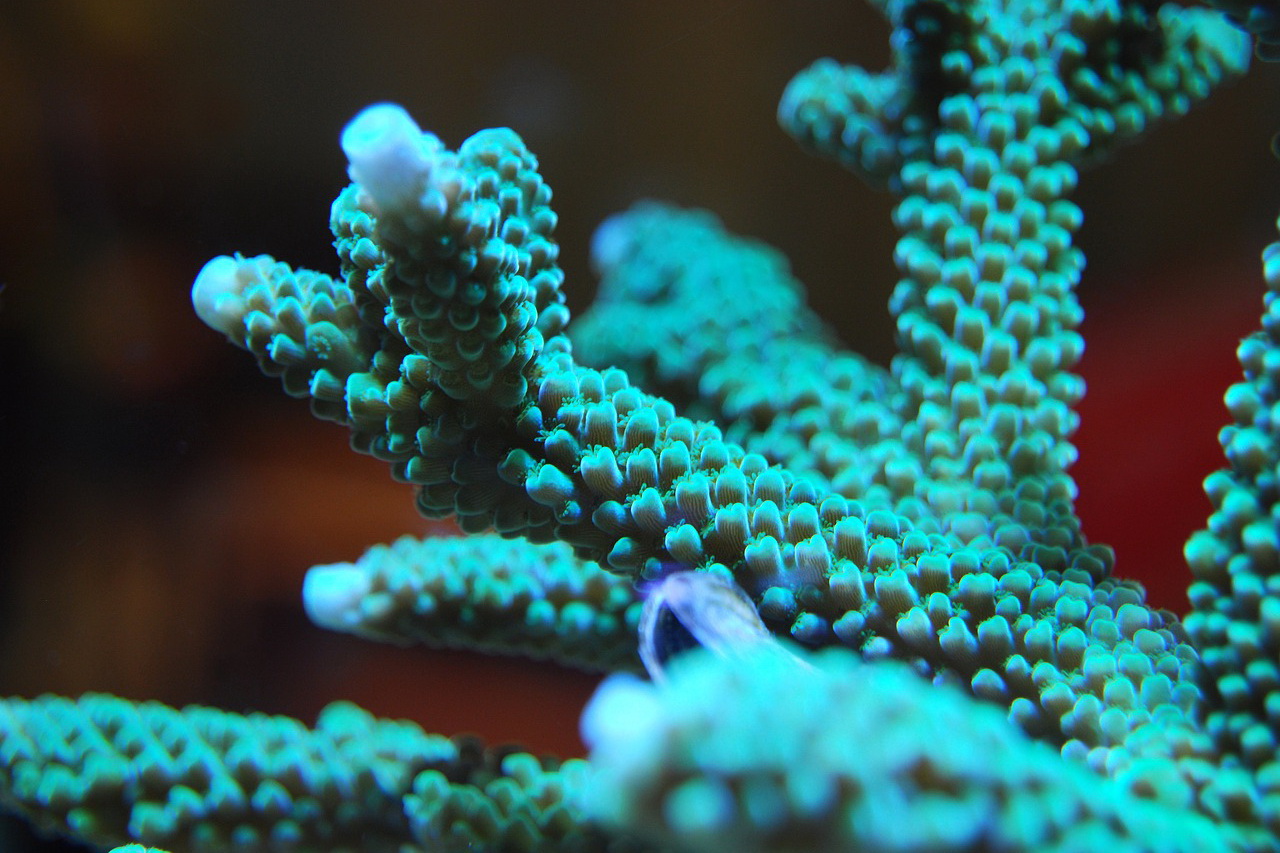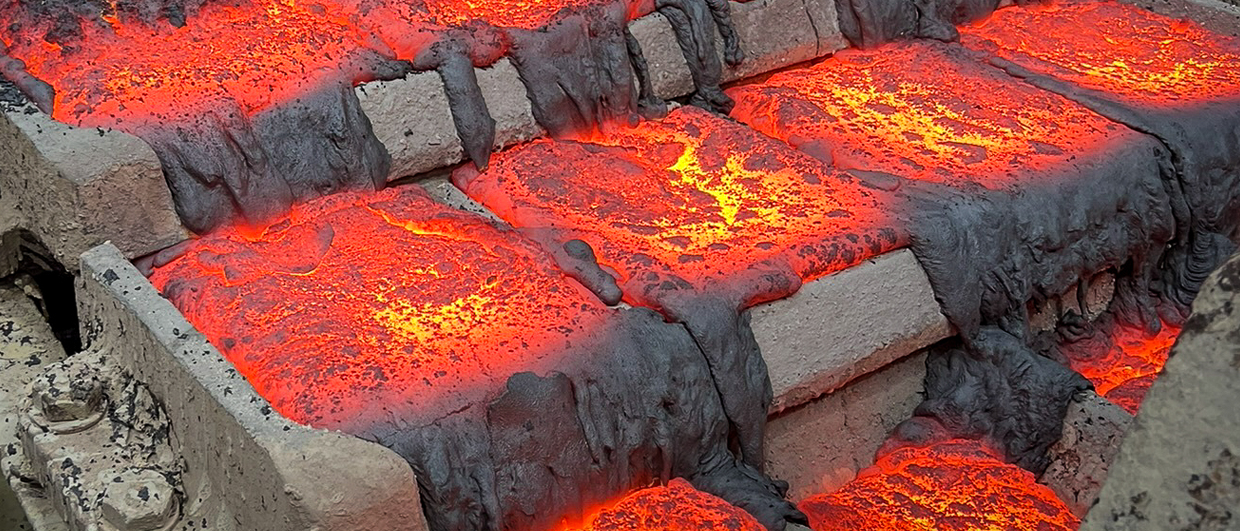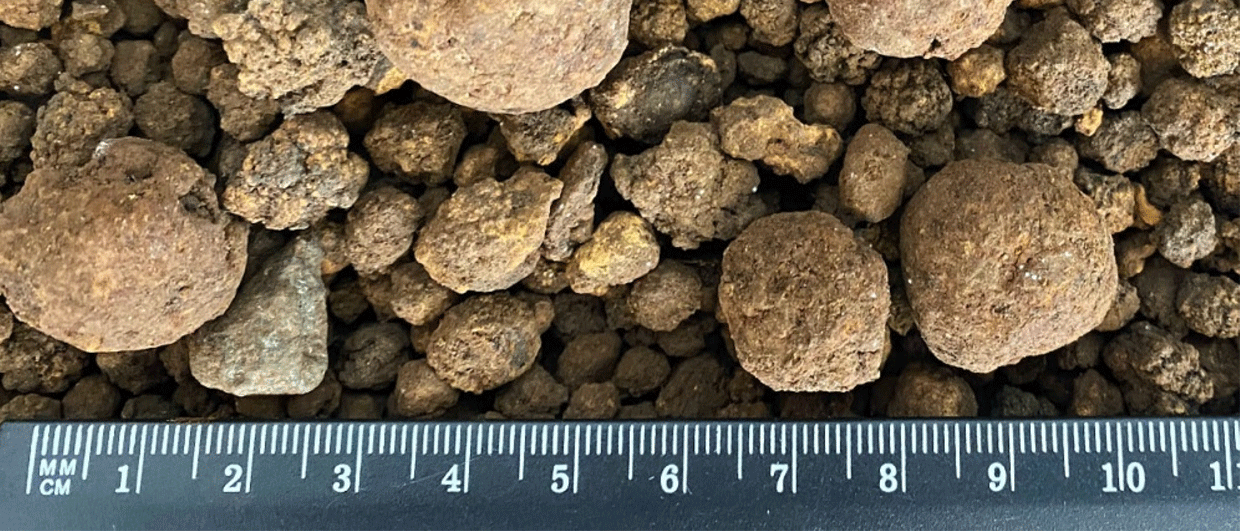“Can deep-sea minerals be the answer to the green shift, or will the hunt for these rare metals of the deep cause even more distress to an already troubled ocean?” Fredrik Myhre, marine biologist and acting leader of the ocean team at WWF-Norway, asks.
This is, of course, a key question when it comes to deep-sea mining.
In a keynote at NCS Exploration – Deep Sea Minerals in Bergen, Norway, October 19-21, Fredrik Myhre ask this question on behalf of WWF. Myhre will give a talk entitled “Are We in Too Deep”, and he will also participate in the panel discussion in the session “Licence to Operate” on October 20th.
“While only around 5 percent of the ocean is already explored, the deep-sea is especially scarcely mapped and poorly understood. There is literally an ocean of knowledge to be learned out there,” says Myhre.
Myhre emphasizes that the deep ocean is one of our planet’s last true wildernesses. Still, quite untouched by human hands and with a biodiversity richness that can even outcompete the most blooming and dense rainforests on land – at least up until now.
James Conca, Forbes, Feb 24. 2021
“There is now a dark cloud of sediments threatening the life down in the abyss. An increased interest for the minerals in the deep ocean could quickly change the faith of the animals living there – and possibly also alter entire ecosystem functions which the deep provides for the greater ocean, maybe for all generations to come. We must make sure we approach this issue in the only correct manner possible – by listening to the ocean scientists,” Myhre says.

 In other words, according to Fredrik Myhre, on behalf of WWF, “we are nowhere near having sufficient knowledge about life in the deep and what it means for the rest of the ocean system. This needs to be mapped out and understood thoroughly before even considering starting up a mining industry in the deep.” It couldn’t have been said any clearer by the scientific community. And gaining this kind of knowledge will take time – a lot of time. That is why we need to see a global moratorium for deep-sea mining become a reality, to give us the time needed to do the research the future of our mankind depends on”.
In other words, according to Fredrik Myhre, on behalf of WWF, “we are nowhere near having sufficient knowledge about life in the deep and what it means for the rest of the ocean system. This needs to be mapped out and understood thoroughly before even considering starting up a mining industry in the deep.” It couldn’t have been said any clearer by the scientific community. And gaining this kind of knowledge will take time – a lot of time. That is why we need to see a global moratorium for deep-sea mining become a reality, to give us the time needed to do the research the future of our mankind depends on”.
“To quote a man that understands nature better than most people; Sir David Attenborough: “We should not go in and trash an area of the globe about which we know hardly anything until we’ve done the proper research – in short we want a moratorium against action of industrialising the deep-sea””, says Fredrik Myhre.
expronews:com: “There is more to deep-sea mining than technology“
A Global Moratorium:
“The ocean is worth more than just the value of its finite resources. The intrinsic long-term benefits of a healthy ocean far outweigh any short-term incentives offered by deep seabed mining. Opening up this new frontier for extraction would destabilize delicate ocean ecosystems and fatally undermine the foundations of a circular ocean economy. Growing demand for metals and minerals doesn’t have to cost the Earth. Alternative solutions already exist – a combination of innovation, recycling and repair can satisfy industries’ need for raw materials without opening the seafloor to mining. It doesn’t have to be a choice; the journey to a more sustainable future begins with a simple decision: No deep seabed mining.
A global moratorium on all deep seabed mining activities is urgently needed. Extraction must not go ahead until the environmental, social and economic risks are understood, and all alternatives to deep sea minerals have been explored. Then appropriate regulation will be needed to protect the marine environment and human well-being.
Calls for a moratorium are increasing, with local and international NGOs, community leaders, scientists, governments and fishers’ organizations leading the way. WWF is proud to take this stand for our ocean alongside a global coalition of individuals, businesses and governments. It is now a question of what reaches the ocean floor first: Protection in the form of a global moratorium, or the deep-sea bulldozers of DSM.” WWF




